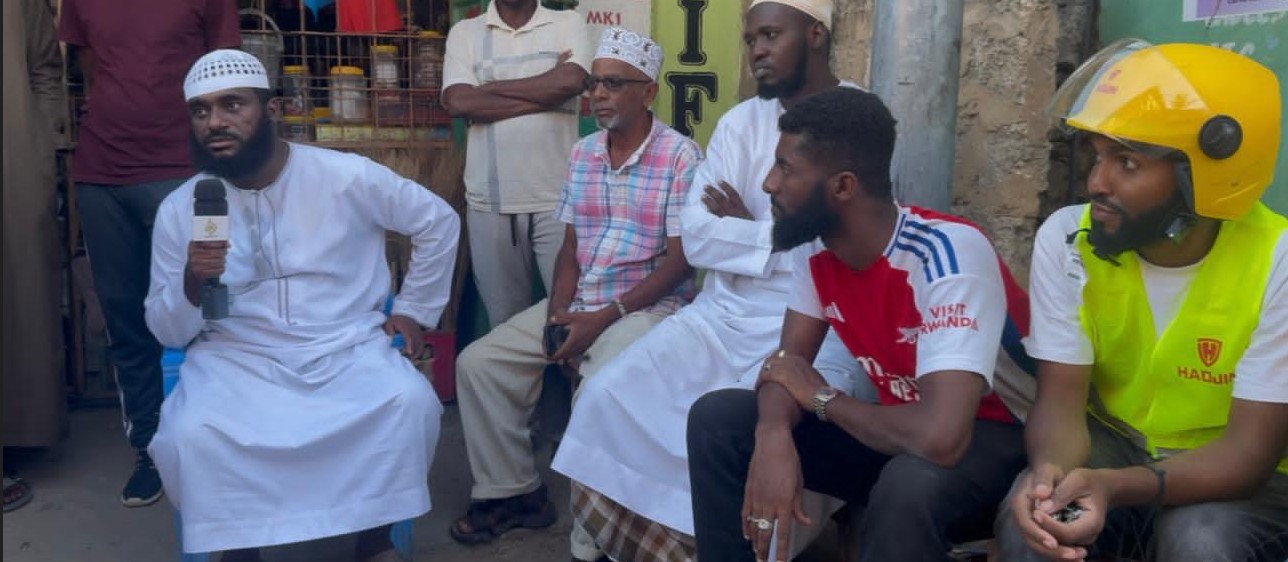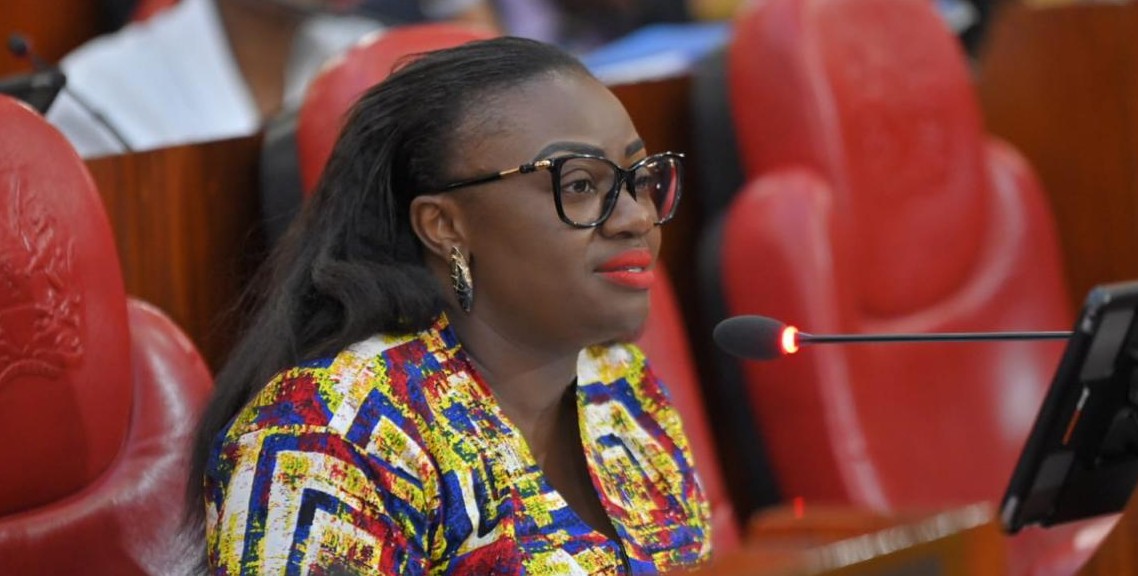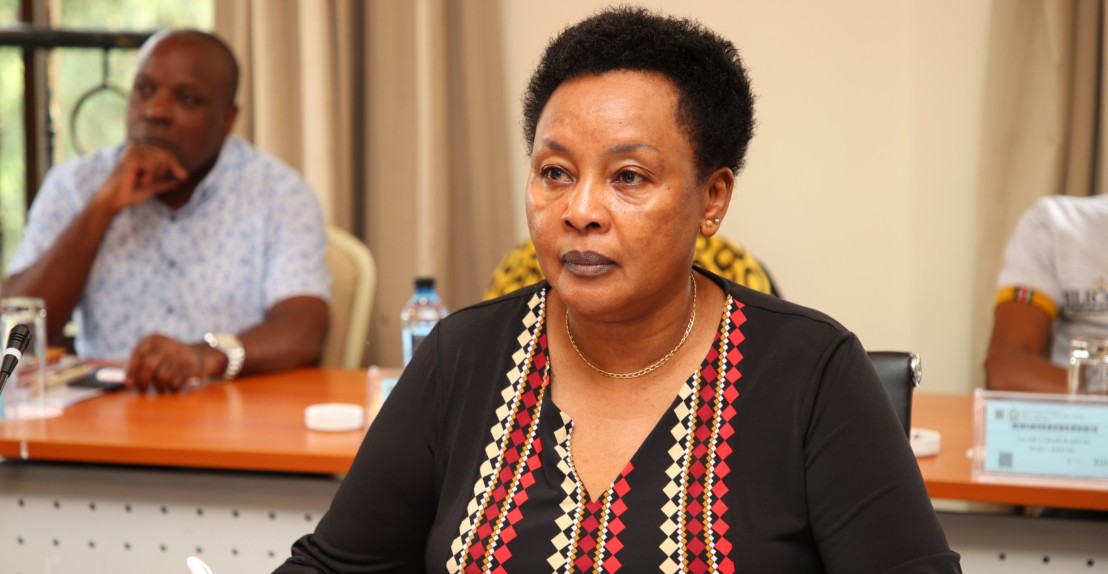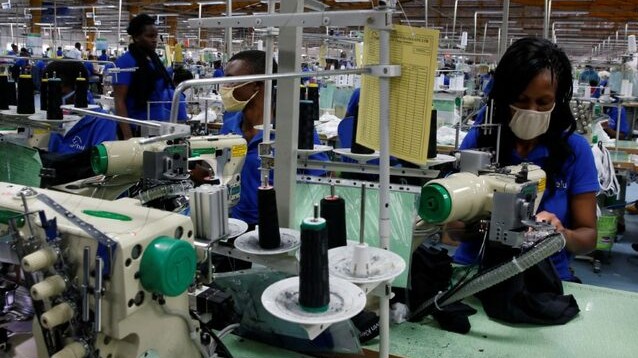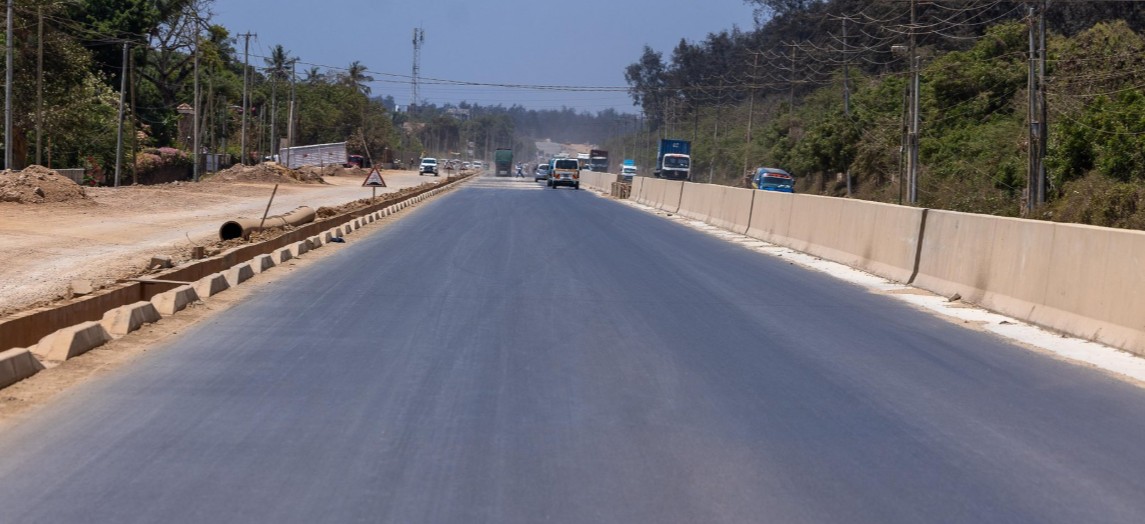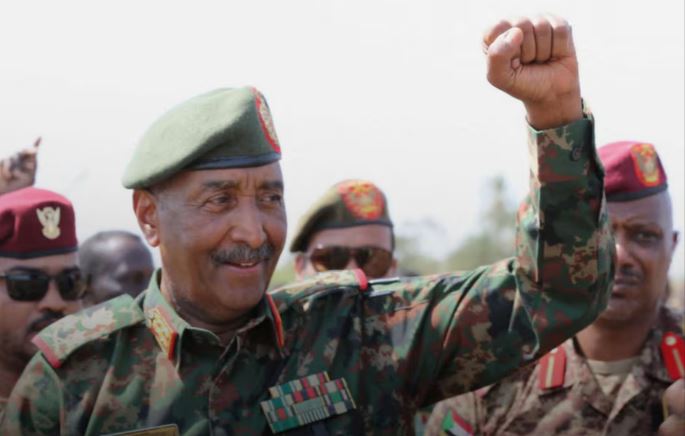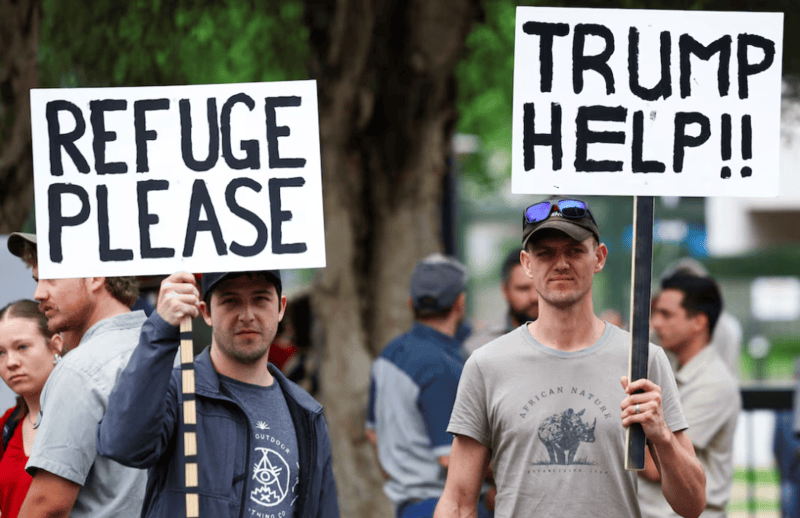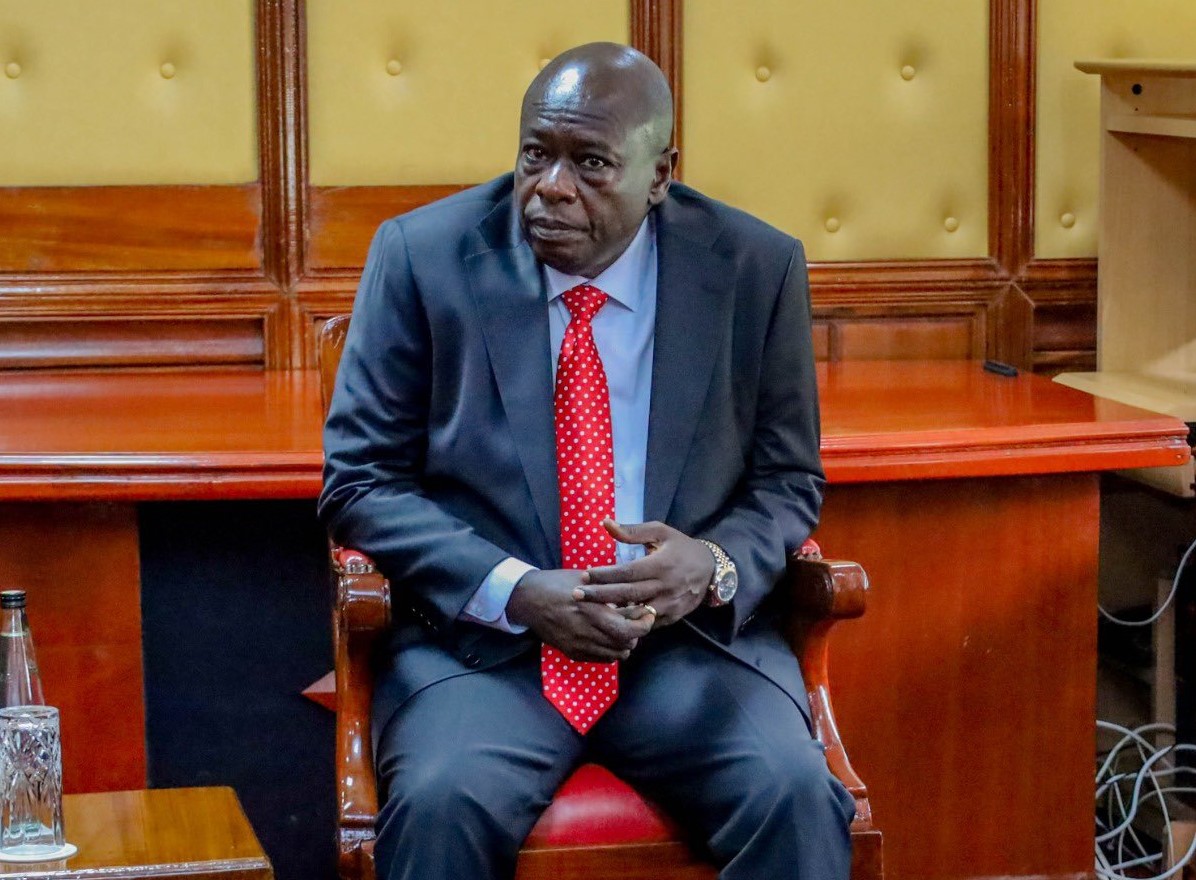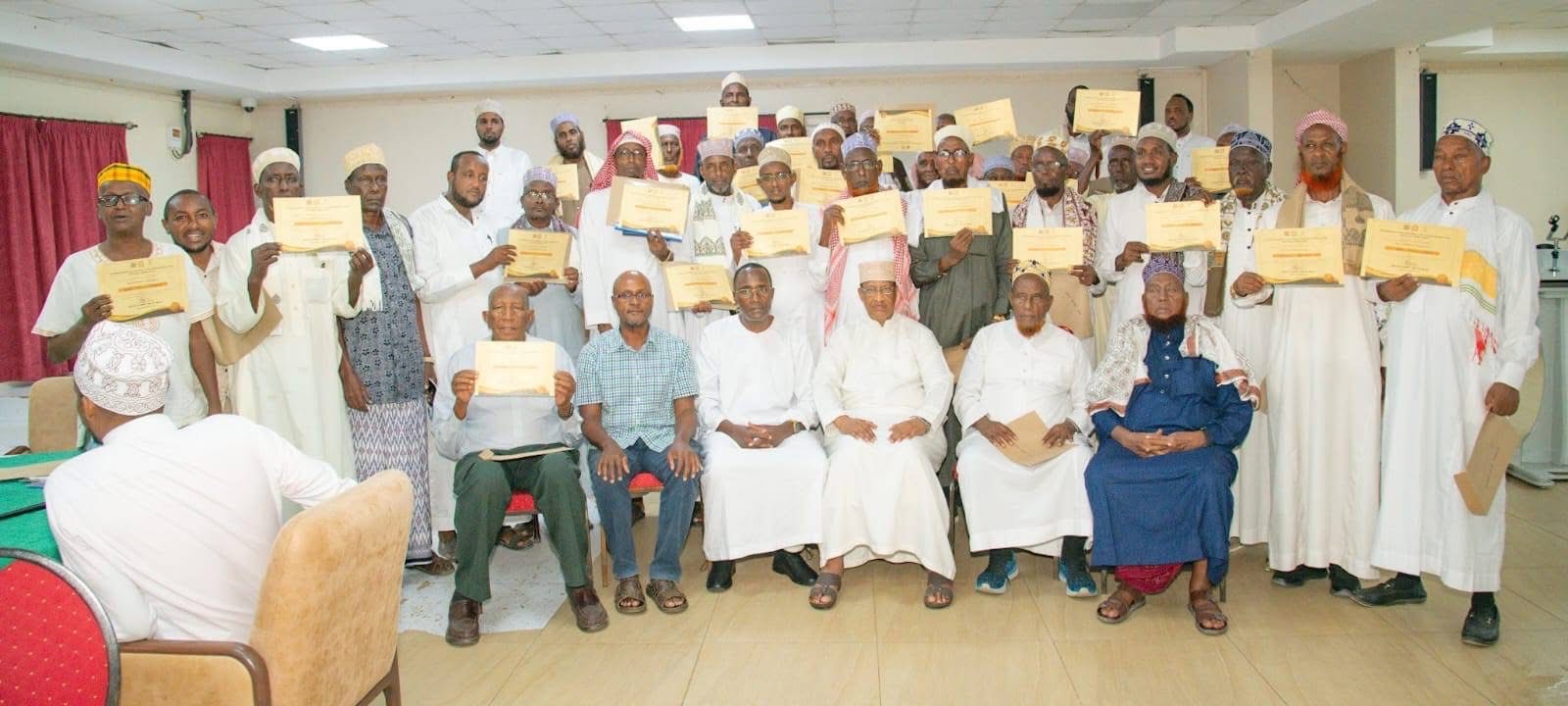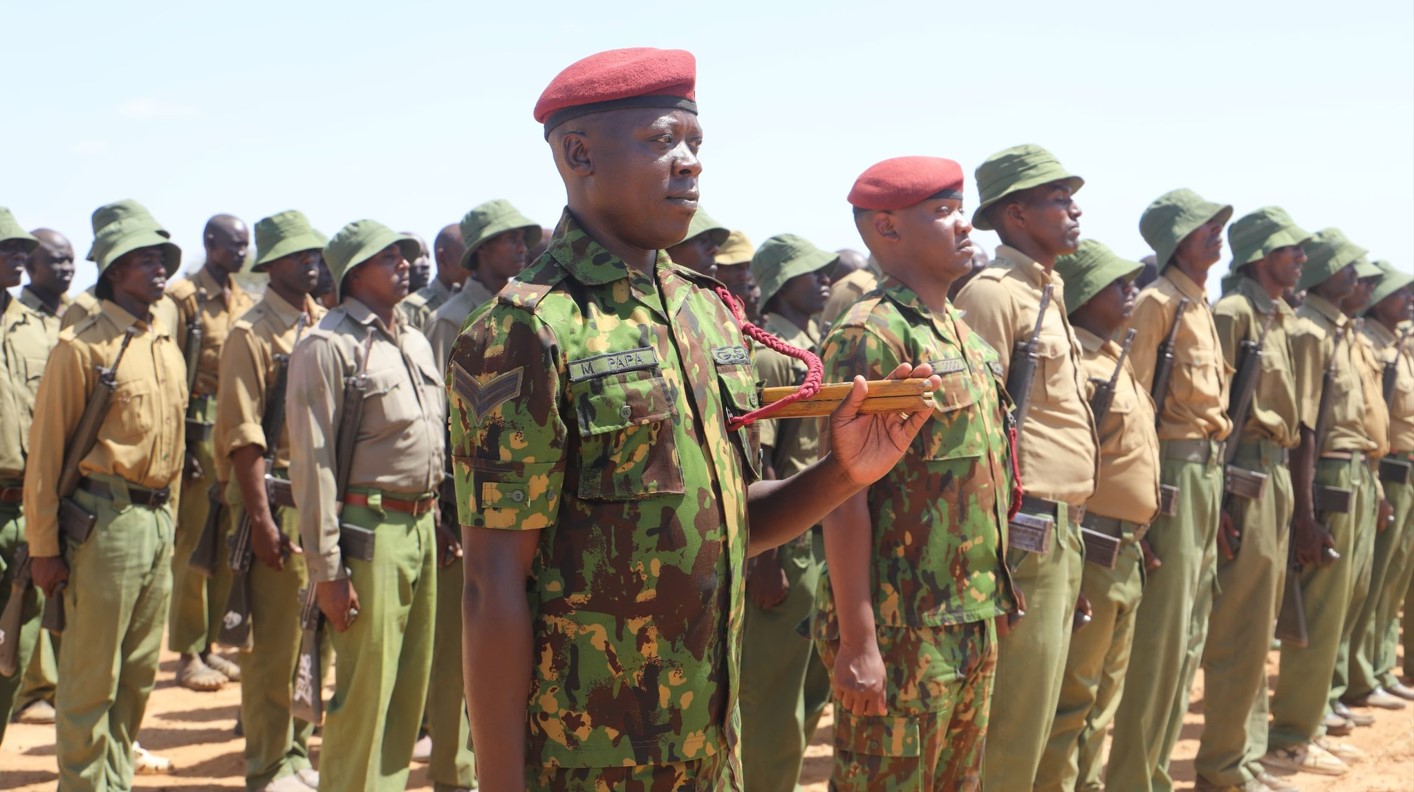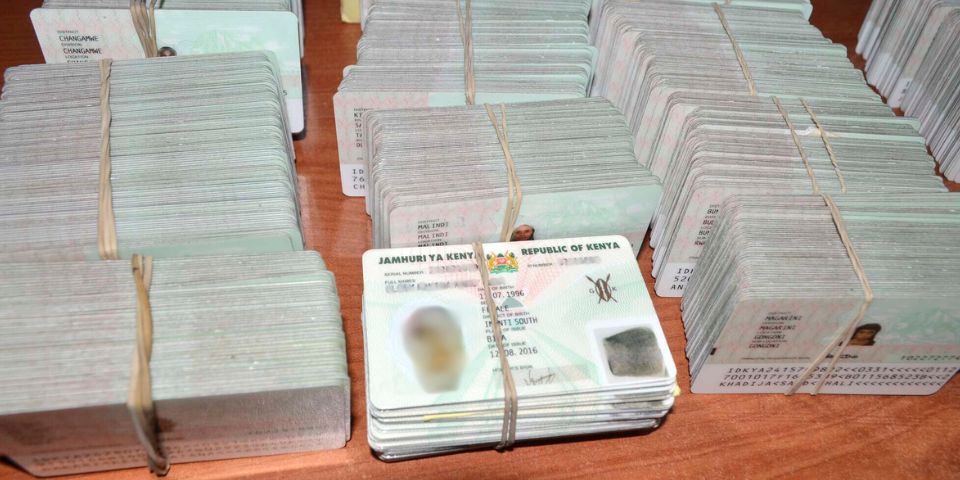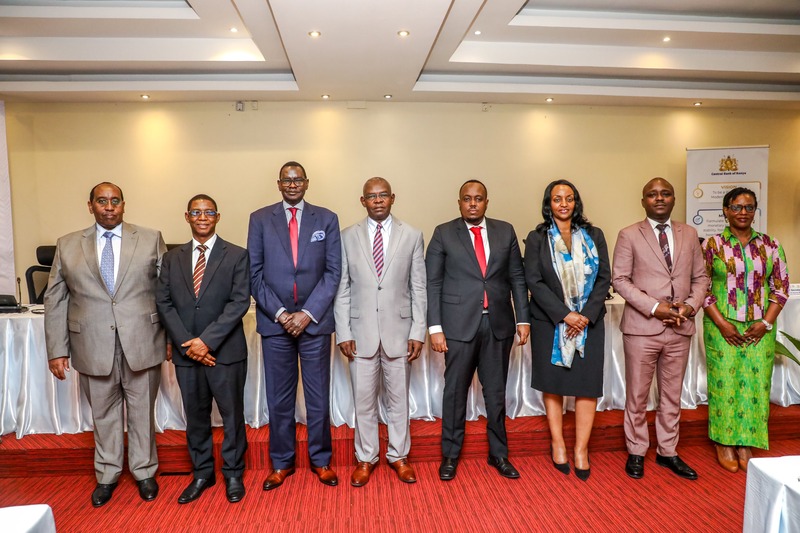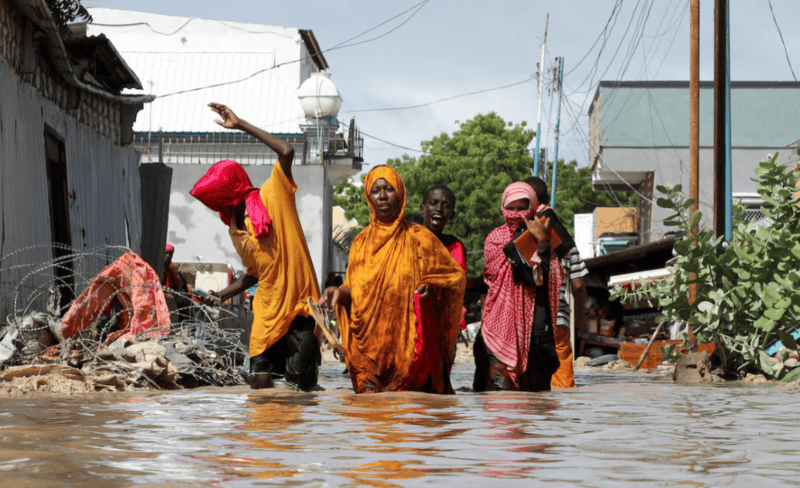UN Security Council lifts arms embargo on Somalia
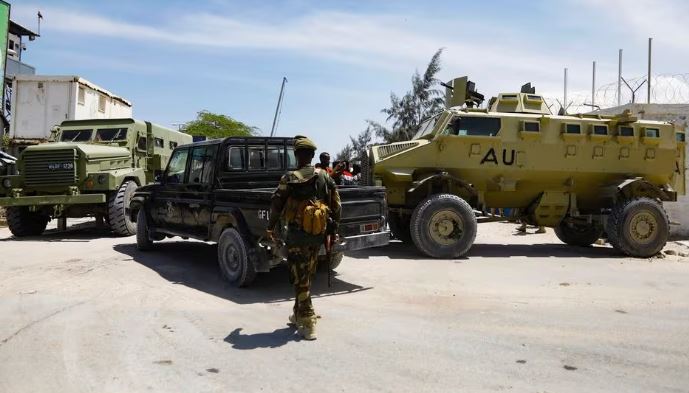
The UN Security Council decisively voted to lift Somalia's 31-year arms embargo, with 14 members in favor and 1 abstention.
The UN Security Council decisively voted to lift Somalia's 31-year arms embargo, with 14 members in favor and 1 abstention. The Somali Information Minister, Daud Aweis, warmly welcomed “the historic decision, emphasizing that the adoption of Resolution 2713 will significantly enhance security and governance within the country.”
Somalia’s Ambassador Designate to Kenya, Jabril Ibrahim Abdulle stated the UN’s decision “signifies a renewed commitment to ensuring peace & stability within Somalia and the region.”
More To Read
- Seven dead, houses submerged as heavy rains cause severe flooding in Mogadishu
- Somalia’s exports are threatened by climate change and conflict: What 30 years of data tell us
- Somaliland at crossroads: Could US geostrategic interests break recognition deadlock?
- Somalia’s NCC meeting opens without Puntland, Jubbaland as reforms top agenda
- Taiwan says Somalia bans entry to its citizens amid Somaliland dispute
- AU mission in Somalia to increase troop size to 8,000 to counter Al-Shabaab
In 1992, the council initially imposed an embargo on Somalia to disrupt the supply of weapons to warring warlords. These warlords had overthrown dictator Mohamed Siad Barre, triggering a civil war in the Horn of Africa nation.
The director of the Raad Peace Research Institute in Mogadishu, Mohamed Husein Gaas, emphasized the significant advantages brought by the lifted UN arms embargo on Somalia. This includes heightened stability, enhanced counterterrorism capabilities, and the creation of a more secure and peaceful environment—favorable for rebuilding and humanitarian efforts in the country.
Gaas highlighted this move as a crucial step toward Somalia reclaiming sovereignty and fostering robust diplomatic relations. He anticipates that a secure Somalia will attract foreign investment, driving economic development and facilitating infrastructure rebuilding.
Strengthened security measures not only bolster government legitimacy but also contribute to improved governance and the establishment of the rule of law, he added.
Top Stories Today
- How your spice rack could boost your immunity
- Cold showers: The wellness trend making waves, but are they for everyone?
- Silent but deadly: Growing burden of respiratory diseases in Kenya
- Samsung to launch ultra-slim Galaxy S25 edge globally on May 12: What to expect
- Leaders in Garissa empowered on handling alternative justice system
- How officers recruitment freeze has affected police-to-civilian ratio- KNBS
- Sudan envoy defies junta’s orders to cut ties with UAE, saying it is "irrelevant"
- First white South Africans to arrive under US refugee plan as soon as next week
- Lamu records highest increase in ID card applications as border regions see surge
- Seven dead, houses submerged as heavy rains cause severe flooding in Mogadishu
- EAC central banks adopt master plan to modernise cross-border payments
- Health Ministry begins issuance of title deeds to safeguard public facilities from land grabs
- Chef Mohamud shares his recipe for crispy chicken wings you can make at home
- Google messages to roll out 'Delete for Everyone' feature on Android
- Consumers to benefit from decline in global commodity prices, says World Bank
- Private sector dominates Kenya’s borehole drilling as state spending dips
- Senate starts probe on expired medicine crisis in counties
- Cheluget family backs Ruto’s Narok land deal for resettlement
- Gaza’s health system under fire: 1,400 medics killed in targeted attacks
- Nurses reject payroll transfer to counties, vow to continue strike
